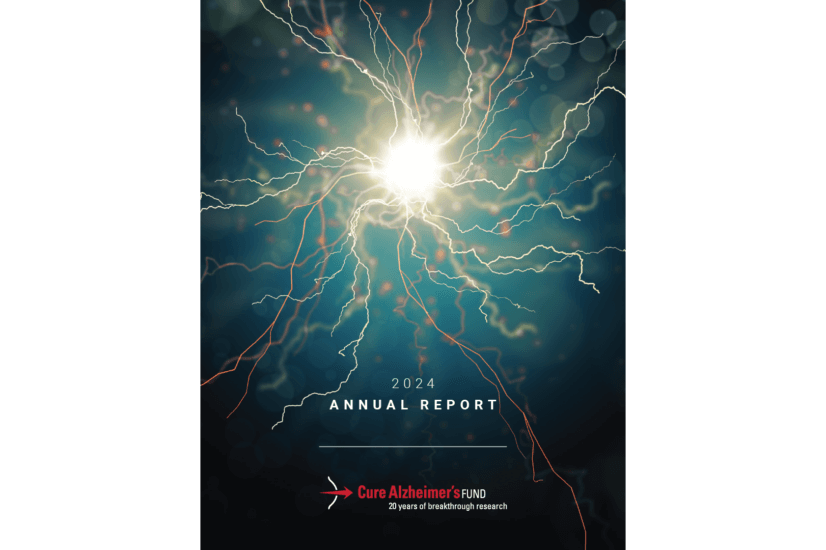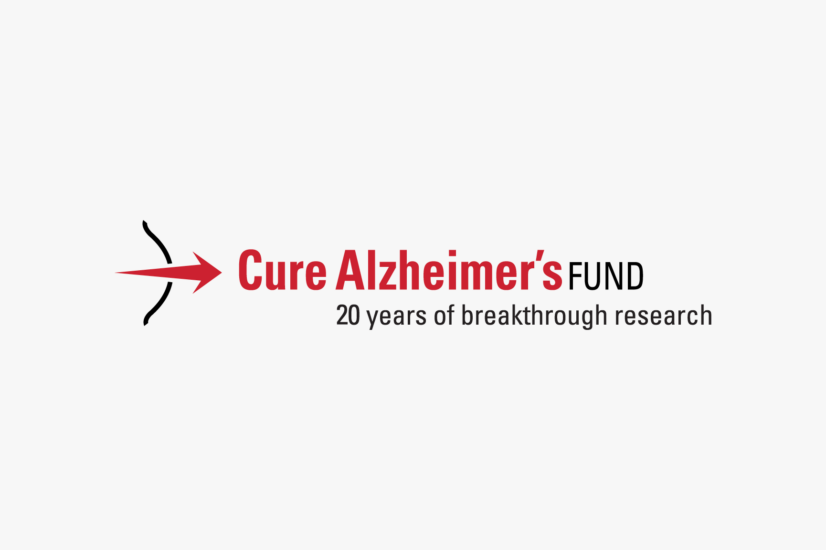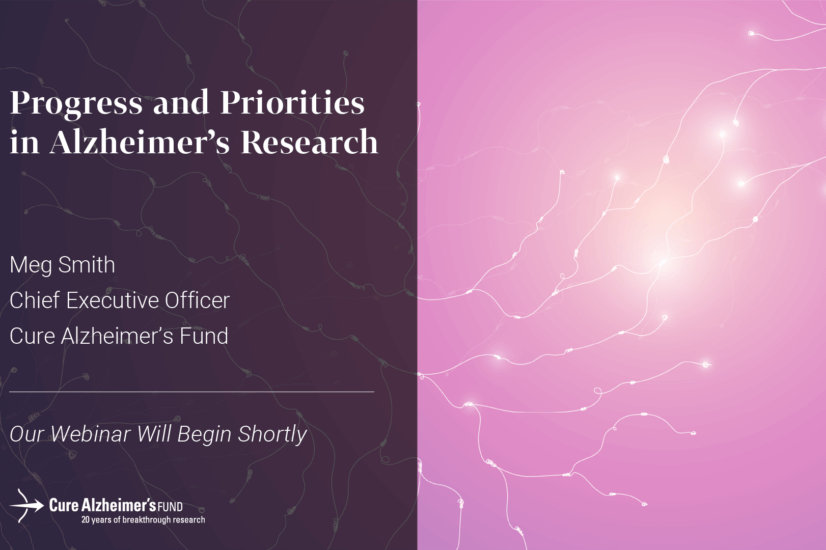From a statement posted on the website of the National Institute of Aging:
Today, the U.S. Food and Drug Administration (FDA) announced accelerated approval for Leqembi (lecanemab-irmb) for the treatment of Alzheimer’s disease. Lecanemab is made by the pharmaceutical companies Eisai and Biogen. In 2022, researchers at Biogen/Eisai published the results of a phase 3 clinical trial called Clarity-AD in The New England Journal of Medicine. The results showed lecanemab produced a clear yet modest clinical benefit in people who were in the early stages of Alzheimer’s. In comparison with a placebo, the drug slowed the rate of cognitive decline over 18 months and reduced the levels of brain amyloid.
From Cure Alzheimer’s Fund, September 27, 2022
Eisai Co. and Biogen announced top-line positive results for the phase three clinical trial of their Alzheimer’s disease drug, lecanemab (BAN-2401).
The trial included 1,800 participants with mild cognitive impairment treated for 18 months. Twenty-five percent were African American or non-white, making it one of the most diverse clinical trials for the treatment of Alzheimer’s disease. The trial met its primary endpoint of statistically significant slowing of decline compared to untreated/placebo trial participants on the global cognitive and functional scale, CDR-SB. The rate of cognitive decline of the patients receiving lecanemab was 27% slower than those in the control group after 18 months of treatment. The difference between the treated and untreated participants was greatest when the trial ended at 18 months, suggesting that it might have continued to grow with continued treatment.
Lecanemab is a monoclonal antibody designed to reduce the amount of amyloid beta in the brain. The Amyloid Cascade Hypothesis of Alzheimer’s disease postulates that preventing amyloid from aggregating and accumulating in the brain, if done sufficiently early in the disease process, can prevent a series of downstream consequences that cause neuroinflammation, neurodegeneration, and cognitive decline. The treatment was administered as an infusion two times every month. Eisai and Biogen are investigating the administration of lecanemab via preloaded subcutaneous injection, which would most likely reduce the costs of administration while improving the patient experience.
Potentially dangerous brain swelling and lesions are recognized possible side effects of amyloid-reducing monoclonal antibodies like lecanemab. In this trial, 21% percent of treated participants experienced the side effects of brain swelling and/or lesions compared to 9% in the placebo group. Only 3% of treated participants had symptomatic cases.
Additional details of the results are planned to be released in November at the Clinical Trials for Alzheimer’s Disease (CTAD) conference. This past July, Eisai/Biogen filed for accelerated approval for lecanemab based on its previously demonstrated ability to reduce brain amyloid, with a possible FDA review as early as January 2023. With these new trial results demonstrating clinical benefit as well as a benefit against brain pathology, they have announced they will be seeking full regular FDA approval, with a decision anticipated as early as June 2023. The cost of treatment and whether it will be covered by Medicaid and/or Medicare will not be known unless and until the treatment receives approval.







